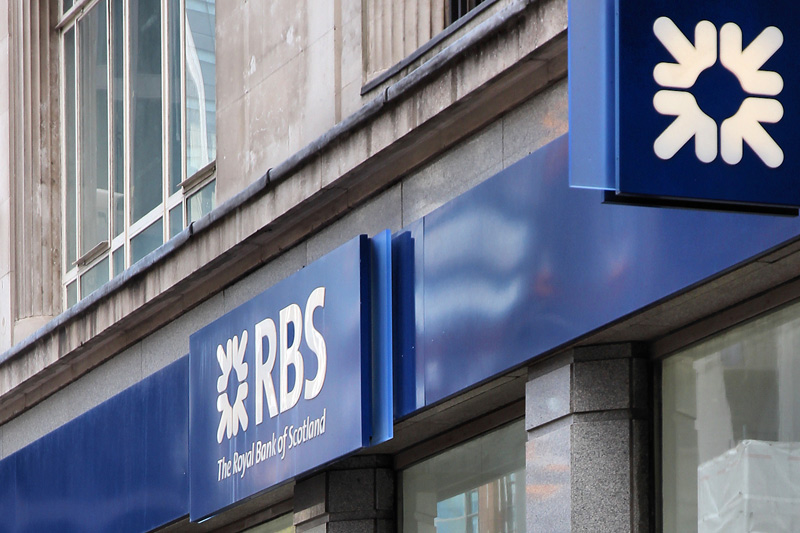By Francesco Canepa and Tricia Wright
LONDON (Reuters) - London equity indexes rose on Friday, led by Royal Bank of Scotland, after Scottish voters rejected independence, prompting a relief rally from investors who had been concerned the United Kingdom might break up.
Companies based in Scotland, such as RBS, utility SSE, engineering groups Weir and drink maker AG Barr, and those with Scottish clients, such as wealth manager St James's Place, Schroders and fund platform Hargreaves Lansdown, rose 1 to 2 percent.
Shares of companies with significant exposure to Britain's North Sea oil industry also rose. North Sea rig operators Petrofac and Enquest both gained 1 percent.
A vote for independence would have raised immediate questions over what currency Scotland would use and its position within the European Union.
Trading volume in RBS and SSE was particularly strong, already at roughly twice its full day's average at 1004 GMT, pushing FTSE 100 volume close to its own daily average.
The blue-chip FTSE 100 index was up 46.46 points, or 0.7 percent, at 6,865.75 points by 1004 GMT, adding to a 0.5 percent rise in the previous day, when expectations the 'No' camp would prevail had began to firm.
"The markets were pricing in a `no' vote ... but now that we've got confirmation of that it's going to propel stocks on from here," Mike McCudden, head of derivatives at Interactive Investor, said.
Scotland's vote against independence ended a skittish two weeks for the UK benchmark index, which dropped sharply when one poll unexpectedly showed a lead for the pro-independence side.
A 4.3 percentage point drop in the FTSE 100 Volatility Index, which measures the price of options on UK blue-chip stocks, suggested the relief over the vote could set the market up for a smoother ride.
STRONGER POUND A DRAG
But gains by the pound hindered the advance by UK blue chips, which generate 75 percent of the sales outside Britain.
Imperial Tobacco, which makes over 80 percent of its sales outside Britain, was 0.6 percent lower and global miners such as Rio Tinto and BHP Billiton tracked copper prices lower.

"The impact on the overall stock market isn't as large as you might expect, as the many exporters in the FTSE stand to lose out from a stronger currency even as the financials with Scottish links bounce back," Trevor Greetham, director of asset allocation at Fidelity Worldwide Investment, said.
(Reporting By Francesco Canepa; Editing by Larry King)
